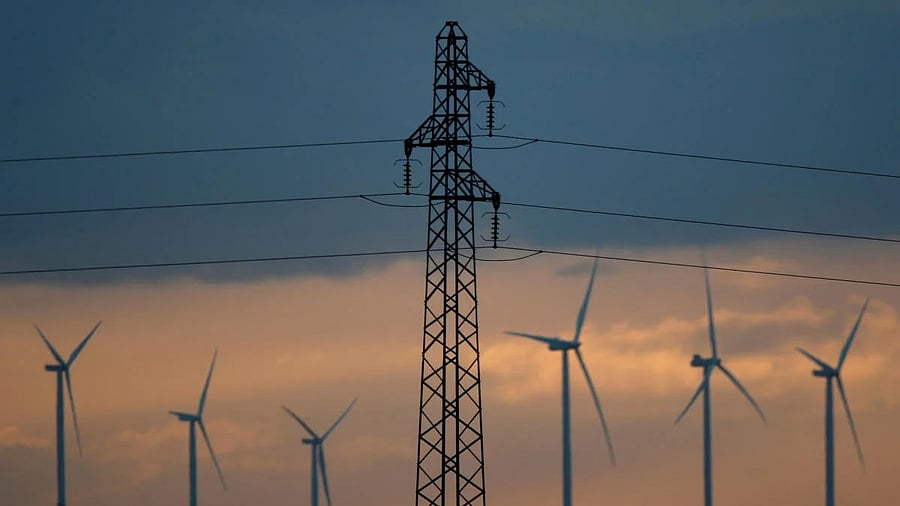
Representational Image
New Delhi: Dismissing the concerns over the Electricity (Amendment) Bill, 2025, the Centre has said that the bill promotes co-operative governance and strengthens the framework for addressing the challenges of the power sector.
The Union Ministry of Power has issued a Frequently Asked Question ( FAQ) to clarify doubts on the Bill following the widespread criticism from Central Trade Unions and power employees federations against the legislation proposals.
The trade unions have alleged that the bill will pave the way for the private sector entry to the power sector in a big way through backdoors and assault on the federal character of the Constitution.
The bill preserves the federal balance, promotes cooperative governance, and strengthens the framework for addressing the challenges of the power sector, the Government said.
The government has said that the bill aimed at strengthening the power distribution sector through financial discipline, healthy competition, and enhanced efficiency.
The All India Power Engineers Federation (AIPEF) has opposed it, arguing that the bill proposes multiple distribution licensees to use the existing network of government dioscoms.
"The bill seems to support privatisation motives. The central government continues to press ahead with its privatisation agenda through the Electricity (Amendment) Rules," AIPEF Chairman Shailendra Dubey said.
However, the government said the proposed amendment encourages healthy competition between the government and private discoms in electricity supply under the supervision of SERCs (State Electricity Regulatory Commission).
This will mean better service, greater efficiency and real choice for consumers.
It will also help government and private utilities compete on performance, turning monopoly supply into efficient, accountable, and consumer-friendly service.
The government said the shared network usage will eliminate the duplication of distribution lines and substations. Under the monopoly electricity supply model, technical and commercial losses are high and often merged under one head, masking inefficiencies and theft.
The cross-subsidy elimination for manufacturing industries, Railways, and Metros will improve competitiveness and help in job creation.
The Power Ministry said that under the proposed Bill, SERCs will fix cost-reflective wheeling charges. All distribution network users, public or private, will pay these regulated charges.
